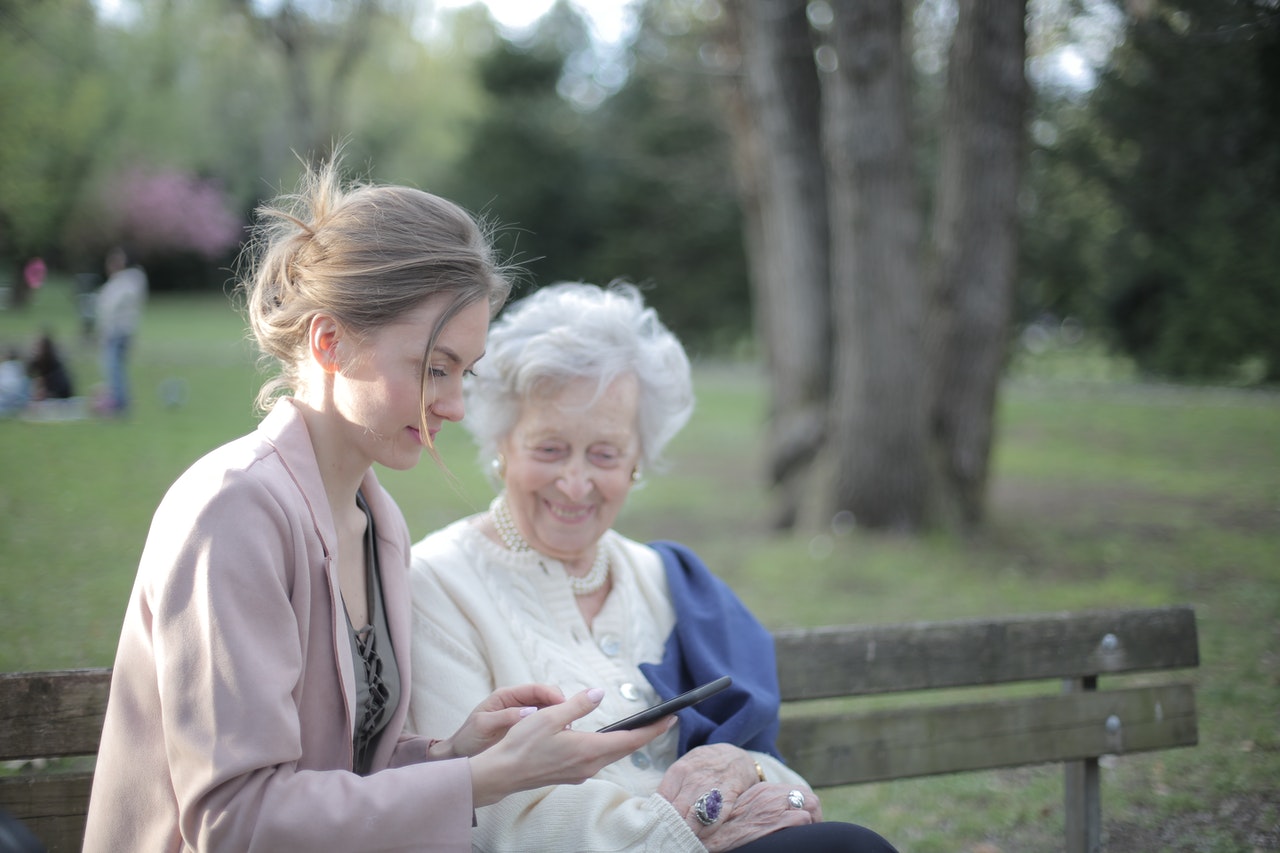As the grandson of two Holocaust survivors, I knew growing up that my grandparents had experienced torment at a level that was unimaginable to myself.
Oftentimes, children think that those around them at the present moment will be with them for the rest of their lives. As I grew older and realized that life is only present for a fleeting moment, I recognized how important it would be to speak with my grandparents and to ask them to retell those stories that document their experiences with the many tragedies of the Second World War.
By the time that I came to that conclusion, both of my grandparents had symptoms of dementia and the powerful stories that they once possessed could no longer be retold.
For those of us who know someone with an incredible life story, we must recognize that we should not wait for eternity to ask those important questions. And for those of us who possess such stories ourselves, we too should not wait until we can no longer share those memories with the people who would most benefit from hearing them.
For many millennia, the primary means of sharing knowledge and memories came by way of storytelling.
Storytelling as an Ancient Tradition
From the mythical tales of Ancient Greece to the Epic of Gilgamesh, storytelling has been used to pass down countless tales from generation to generation. Such stories brought with them expressions of passion and emotion. The feelings and sensations that would be projected upon the listener would often be at the behest of the storyteller and the means by which they articulated each verse.
A dependence on the accuracy and intonation of the storyteller lends each story to be ever evolving, as multiple interpretations are added to the mix over time. Much like what occurs when children play the universal game “Telephone,” the meaning of a story can change greatly over the course of history.
While this tenet of storytelling is undoubtedly at odds with the principle of veracity, it allows each story to be analyzed through a more modern lens. This creates space for new perspectives to be formulated and new standards of ethics to be applied when developing a thesis.
Nowadays, tales can be told through a text message, an email, or even by an emoji—but these forms of communication lack the quintessential character of facial expression and intonation that are present via face-to-face conversation.
Storytelling in the Modern Era
While some forms of modern communication, such as texting, have hampered the face-to-face communication that auditory storytelling relies upon, other forms of modern communication have vastly improved our ability to engage in this traditional form of conversation. From the invention of television in 1927, to the advent of YouTube and Facetime, auditory storytelling has cemented itself as a necessity for human entertainment and news production.
Most recently, podcasts that contain videography have skyrocketed in popularity. Yet this industry, like many others, remains male dominated.
Sophie Siegel, a 23-year-old graduate of Florida Atlantic University, created her own female-led podcast called “Vague with Tess and Soph” on FAU Owl Radio during her time as an undergrad.
Sophie believes that the present-day lack of female podcast hosts can lead to the intellectual sensation of being “stuck in an echo chamber.” She feels that “being able to branch out and listen to different diverse perspectives is very important for learning,” and that the best way to start a podcast is to “do all of your research, have notes ready, and let your passion shine through.”
Some of Sophie’s favorite female-led podcasts include “Fresh Air” on NPR and “No Dogs in Space” on Apple Podcasts.
National Tell a Story Day on April 27 reminds us that it is never too late to share your tales of hardship, love, and your unique experiences with those around you.
So, start a podcast, create a YouTube channel, Facetime your granddaughter, and tell your viewers about the stories that you believe matter most.
Our Her Nexx Chapter Community invites you to join us where women are connecting with each other’s stories, exploring different experiences, and transforming ideas.
The Future of Connection for Women
Follow us:







